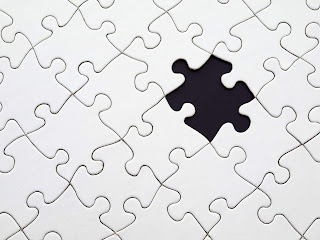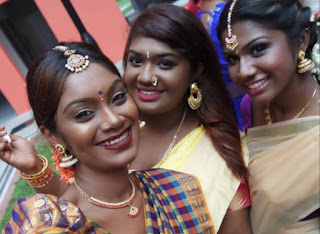Understanding Anti-Blackness in South Asian Communities

The idea that you, your family, or your community is racist or “anti-black” isn’t an easy idea for all of us South Asians to swallow. Trust me- I know. Since the video that Shereene from upsidedownsmilie show and I collaborated on about anti-blackness was shared on social media, I have heard an earful from South Asian friends, family, and IG followers. In some of those conversations, it was clear the person was offended and demonstrated resistance and fragility, but in other conversations- people disclosed examples of how anti-blackness had shown up in their South Asian lived experiences. In part II if our Anti-Blackness series, you can hear about some these shared experiences of Anti-Blackness. In the video below, we share stories and reflections that help to illustrate the covert and discreet ways that anti-Black bias exists in South Asian lives. Allyship between communities of color is more important than it’s ever been in my lifetime. We are living in a society in which

